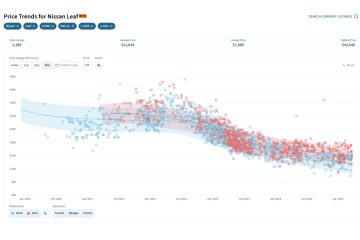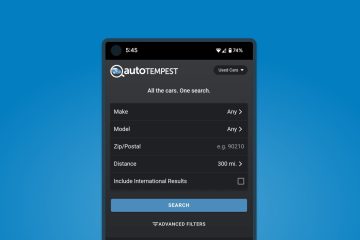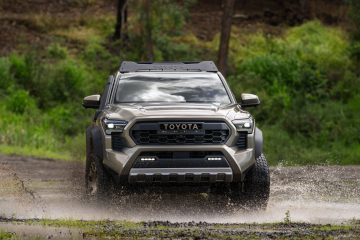When the time comes to buy a new car, the hassle of selling or trading in your old one can be very stressful for some people. It can be hard to find accurate information on a vehicle’s value, and then there’s still a negotiation over what the buyer wants to pay. Trading a vehicle into a dealer is a bit less stressful, but you’ll still need to understand what your vehicle is worth and what its current condition is.
Private Sale or Dealer Trade?
In many cases, you’ll be able to get more for your vehicle in a private sale than by trading in at a dealer, but for some people that’s a hassle they’re willing to pay to avoid. Private sales can be a real pain, as people haggle and kick tires, so think carefully about how much effort you’re willing to put into the sale. You’ll also need to contend with a bank if there’s financing involved on either end, which may make a dealer trade in the only option.
Inspect It
It pays to understand your vehicle inside and out anyway, but not being aware of your vehicle’s condition prior to heading to a dealer can cost you – big time. Take the time to do a self-inspection of your vehicle to get a feel for any issues, dents/dings/scratches, and the general driving experience.
Fix It Up
Anything you can repair ahead of time can save you the headache and hassle of having the dealer tell you why a broken headlight or loose door handle makes your vehicle worth much less than you thought. This can be as simple as making sure all of the tires are properly inflated – just take a quick note of anything that can be quickly repaired or replaced. Change fluids like the engine oil and make sure things like the washer fluid and coolant are topped off. Some repairs may be out of your hands, so be prepared to pay for more serious issues.
Clean It
There used to be a rumor that washing your car adds $1,000 to the value, and while that’s not completely true, it is true that rolling into a dealership with a filthy vehicle isn’t going to do you any favors at the negotiating table. Clean your vehicle, inside and out, before showing up to test drive a new one. If you don’t want to do the dirty work yourself, a professional detailer will happily pick up the tab for not that much money.
Document It
Have you been changing your own oil? When was the last time you had the tires rotated? Though a dealer will be able to tell if the vehicle has been abused, having as much documentation as you can gather will only help your cause. This obviously includes important documents like the title, insurance, and registration, but may also include receipts for any aftermarket parts or work that has been done to the vehicle.
Accessorize It
Most vehicles come from the factory with extra keys, owner’s manuals, and other easily misplaced accessories. Missing these extras can cost you when it comes time to trade in, so be sure you keep track.
Value It
Though there’s almost always a difference between the appraisal numbers that sites like KBB.com and others give for a vehicle and what the dealer will actually pay, you’ll need to know at least a ballpark value for your vehicle before heading to trade it in. Many dealers use the NADA price guide, but many more use their gut instincts and a knowledge of what the vehicle might sell for at auction.
(Article continues below)




